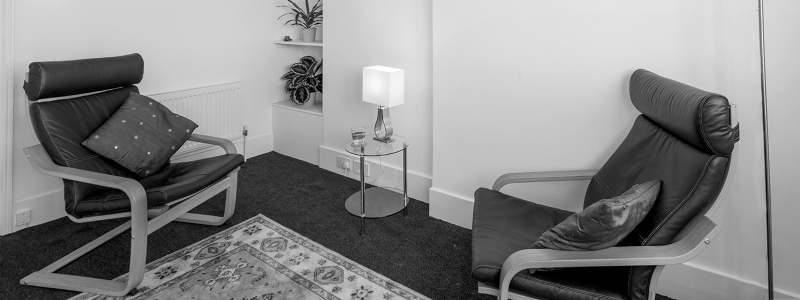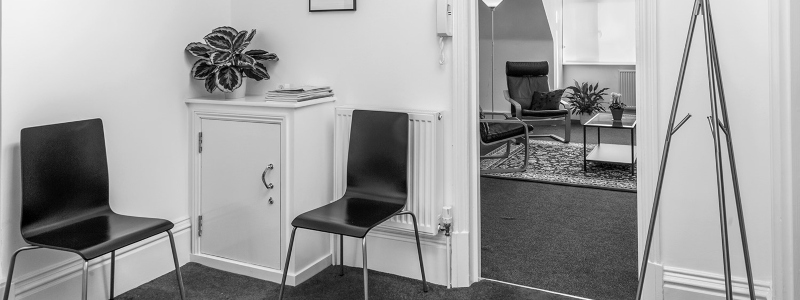One of my favourite papers is by Dr Sebastian Kraemer, called ‘Something Happens: Elements of Therapeutic Change’. This blog helps break down what therapists and clients set out to do, as they sit together in a therapy room both hoping that change can be immobilised from a stuck situation.
This is first of eight short blogs exploring the eight elements of change identified as:
1. A desire to change
3. A theory of mind and a method of treatment
4. Courage and honesty
5. A specific narrative
6. Neutrality and reflectiveness
7. A tradition
8. Something happens
A desire to change: As the client and therapist sit face to face in their first session progress has already begun – the desire to change has been acknowledged and acted on. The request for help to a therapist has been made and the therapist has accepted this.
However long a therapist has been practicing – having collected skills, theories and techniques along the way – each new client brings a unique story and request for help. They bring their stories of strength, courage and endurance alongside their stories of distress, confusion and pain. Just turning up to the appointment is an act of bravery, it is our role as therapists to acknowledge and respect the clients vulnerability; walking alongside them as they take action to change.
On first meeting, many clients report that they have noticed shifts in their thinking, changes in behaviour and an increased sense of hopefulness that things can be different – this is before the first session. This could possibly be a placebo effect or could be understood further in the context of the research around models of change.
In the early 1980’s Proschaska and DiClemete set out five stages of change. Upon arriving at their first session clients are already in transit between Stage Three and Stage Four 3 of this theory – monumental shifts in awareness and readiness have already taken place:
Stage One. Pre-contemplation – the ‘I’m not ready’ stage
I am unaware or under-aware of a problem and have not got plan to change – leave me alone.
Stage Two. Contemplation – the ‘I’m getting ready’ stage
I am aware I have a problem to address but do not have the motivation or commitment to change my behaviour as yet. – leave me alone but watch this space.
Stage Three. Preparation – the ‘I am ready’ stage
I have researched and planned a way to change and my initial goals are clear – no time to talk I’m busy!
Preparation is considered the most important stage of the model – relapse is considered to be 50 per more probable if the preparation stage is not undertaken
– ON YOUR FIRST SESSION YOU ARE HERE –
Stage Four. Action – the ‘I am implementing my plan’
I am making changes to my behaviour, my environment and my choices. I have sought help in this process and am being encouraged to feel more hopeful about the future
Stage Five. Maintenance – ‘I have changed and I want to keep it that way’ stage.
Work and effort is still required to maintain positive changes and prevent relapse.
A desire for change is important to begin the work however sometimes it becomes clear change may bring difficulties and risks that had not been contemplated originally. Resistance to the change may then come into play and the work takes a different turn as goals are reviewed.
Brighton and Hove Psychotherapy is a collective of experienced psychotherapists, psychologists and counsellors working with a range of client groups, including fellow therapists and health professionals. If you would like more information, or an informal discussion please get in touch. Online therapy is available.



